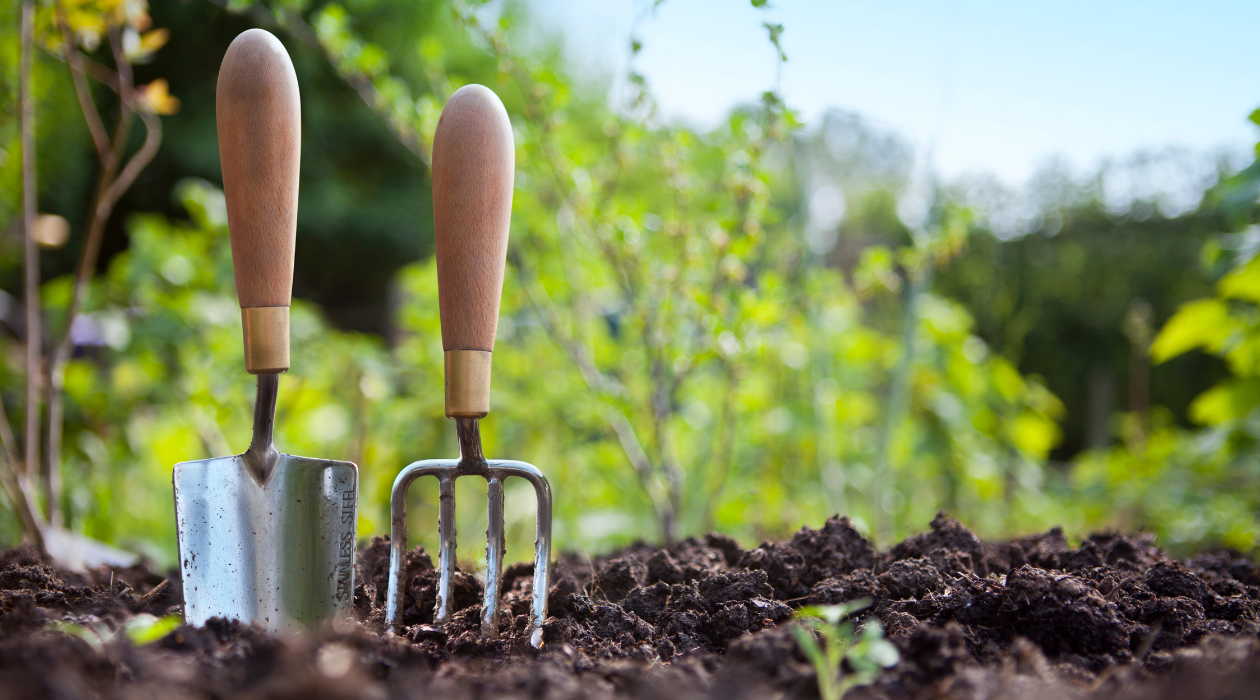Dig In, It's Time to Grow (Gardening on the Coast in Zone 9)

As March and early April roll around in Galveston, Texas, it's time for homeowners to start planning their spring gardens. The mild climate of USDA Zone 9 offers a fantastic opportunity to grow a variety of vegetables that can bring color, flavor, and nutrition to your table. Here's a guide to help you get started:
Beans (Green and Lima): Plant in March or April. Choose varieties like Blue Lake, Cherokee Wax, or Kentucky Wonder for green beans, and Henderson or Jackson Wonder for lima beans. Provide support for lima beans as they grow.
Cantaloupes: Start in March or April. Opt for varieties like Ambrosia, Athena, or Galia. Keep fruit off the soil to prevent rot.
Carrots: Plant from September to March. Try varieties like Danvers, Nantes, or Imperator. Raised beds work best for growing carrots.
Cauliflower: Plant in January or February. Choose varieties like Brocoverde or Snowball. Some varieties may have green heads.
Celery: Plant from January to March. Utah strains are best. Ensure the soil remains moist for optimal growth.
Collard Greens: Plant from February to April. Top Bunch and Georgia Southern are good choices. These greens can last into the warmer months.
Corn (Sweet): Plant in March or April. Varieties like Silver Queen, Sweet Ice, or Early Sunglow are recommended. Keep different varieties separate to ensure proper pollination.
Cucumbers: Plant from February to April. Choose varieties like Poinsett, Space Master, or Boston Pickling for slicing or pickling.
Eggplant: Plant from February to July. Black Beauty and Ichiban are popular choices. Provide stakes for support as the plants grow.
Mustard Greens: Plant from September to May. Tender Green, Green Wave, or Florida Broad Leaf are good options. These greens can be easily damaged by frost.
Okra: Plant from March to July. Varieties like Emerald or Clemson Spineless thrive in hot weather.
Onions (Green): Plant from August to March. Evergreen Bunching or White Lisbon are short day types that work best in this region.
Peppers: Plant from February to April. Choose from bell, sweet, or hot varieties. Mulching helps with production.
Potatoes: Plant from January to March. Red Pontiac or Yukon Gold are great choices. Avoid using store-bought potatoes as seed potatoes.
Potatoes (Sweet): Plant from March to June. Beauregard and Vardaman are good varieties that like hot weather.
Pumpkin: Plant in March or April. Big Max or Jack O Lantern are popular choices but require a lot of space.
Radish: Plant from September to March. Cherry Belle and Sparkler are fast-growing varieties.
Squash (Summer): Plant in March or April. Summer Crookneck or Black Beauty Zucchini are excellent choices. Be aware of summer pests.
Squash (Winter): Plant from March to August. Spaghetti or Butternut squash requires pollination to produce fruit.
Tomatoes: Plant from February to April. Celebrity, Better Boy, Cherokee, and Brandy Wine are great varieties. Provide stakes for support.
Turnips: Plant from January to April. Purple Top and Seven Top are varieties where both roots and tops are edible.
Watermelon: Plant in March or April. Jubilee, Crimson Sweet, or Sugar Baby are great choices but require a lot of space.
By following this planting guide, you can ensure a bountiful harvest in the coming months. Remember to keep an eye on the weather and adjust your planting schedule accordingly. Happy gardening!
For more detailed information, research Gardening in Zone 9.


